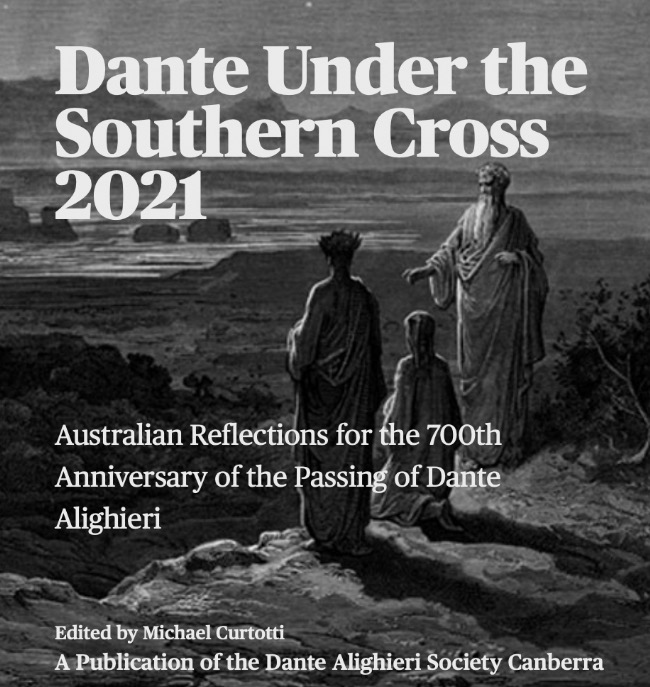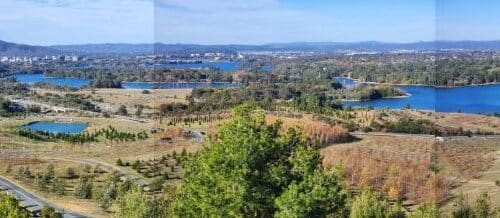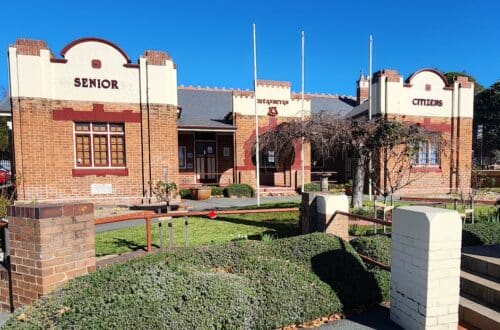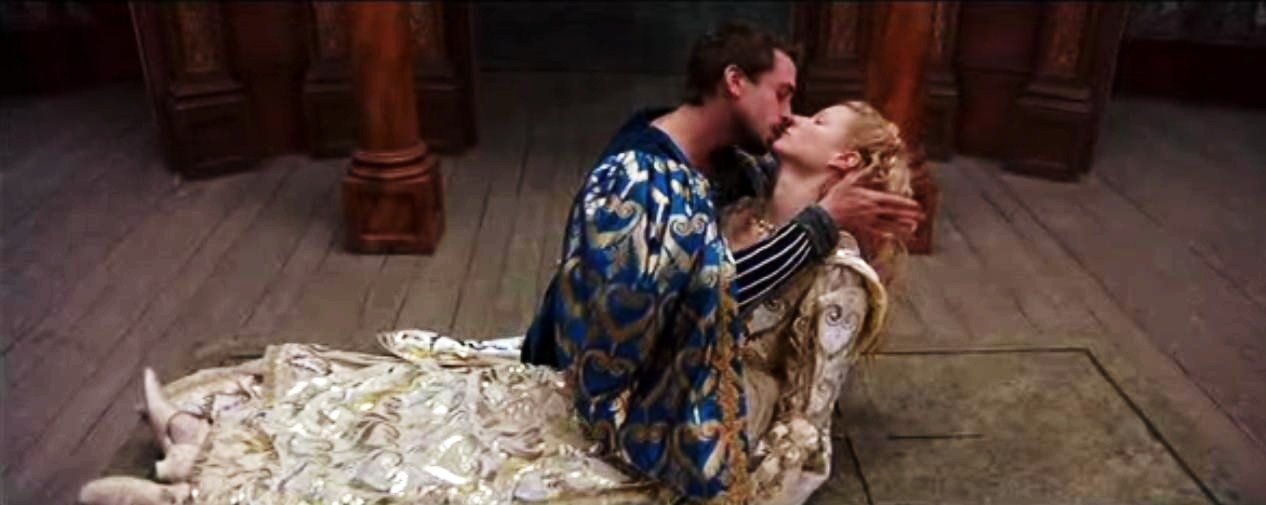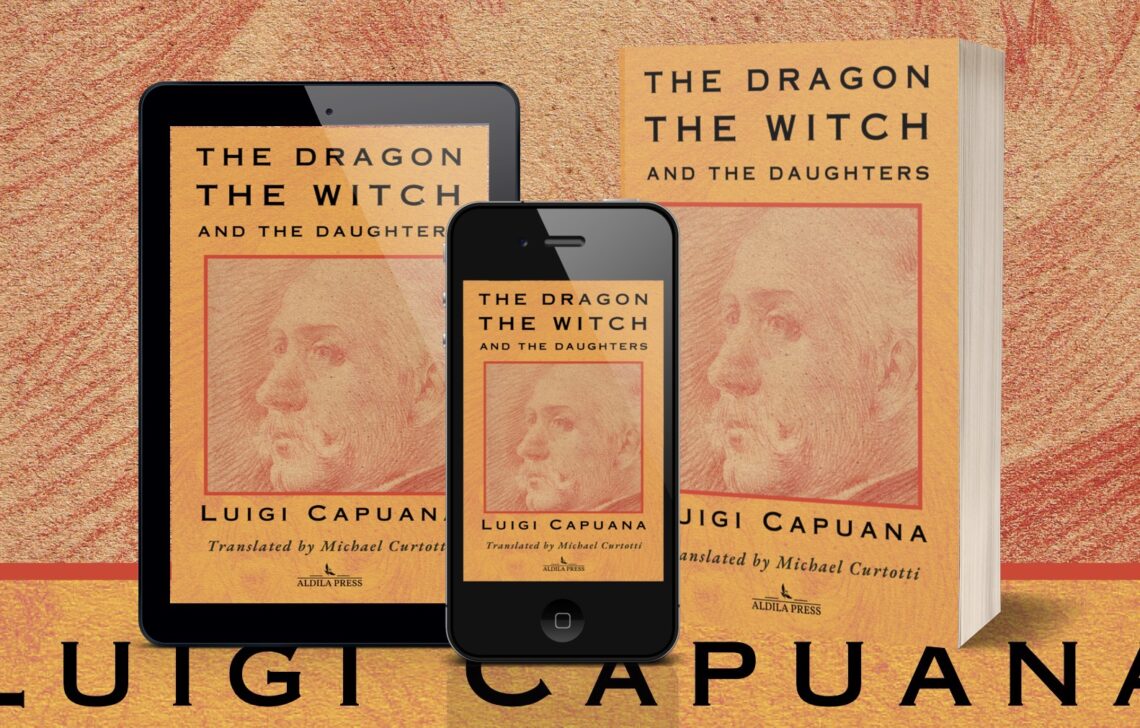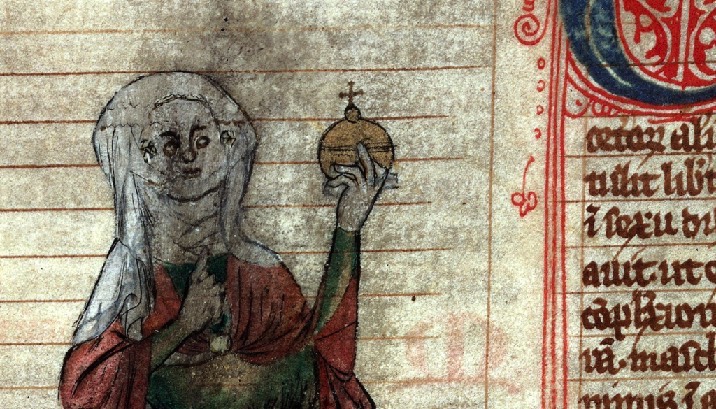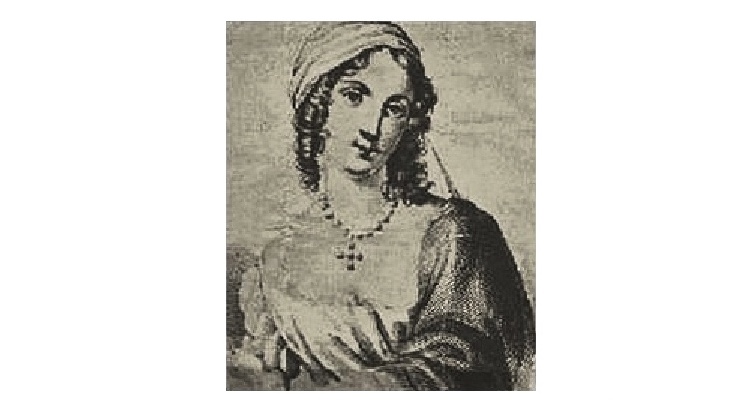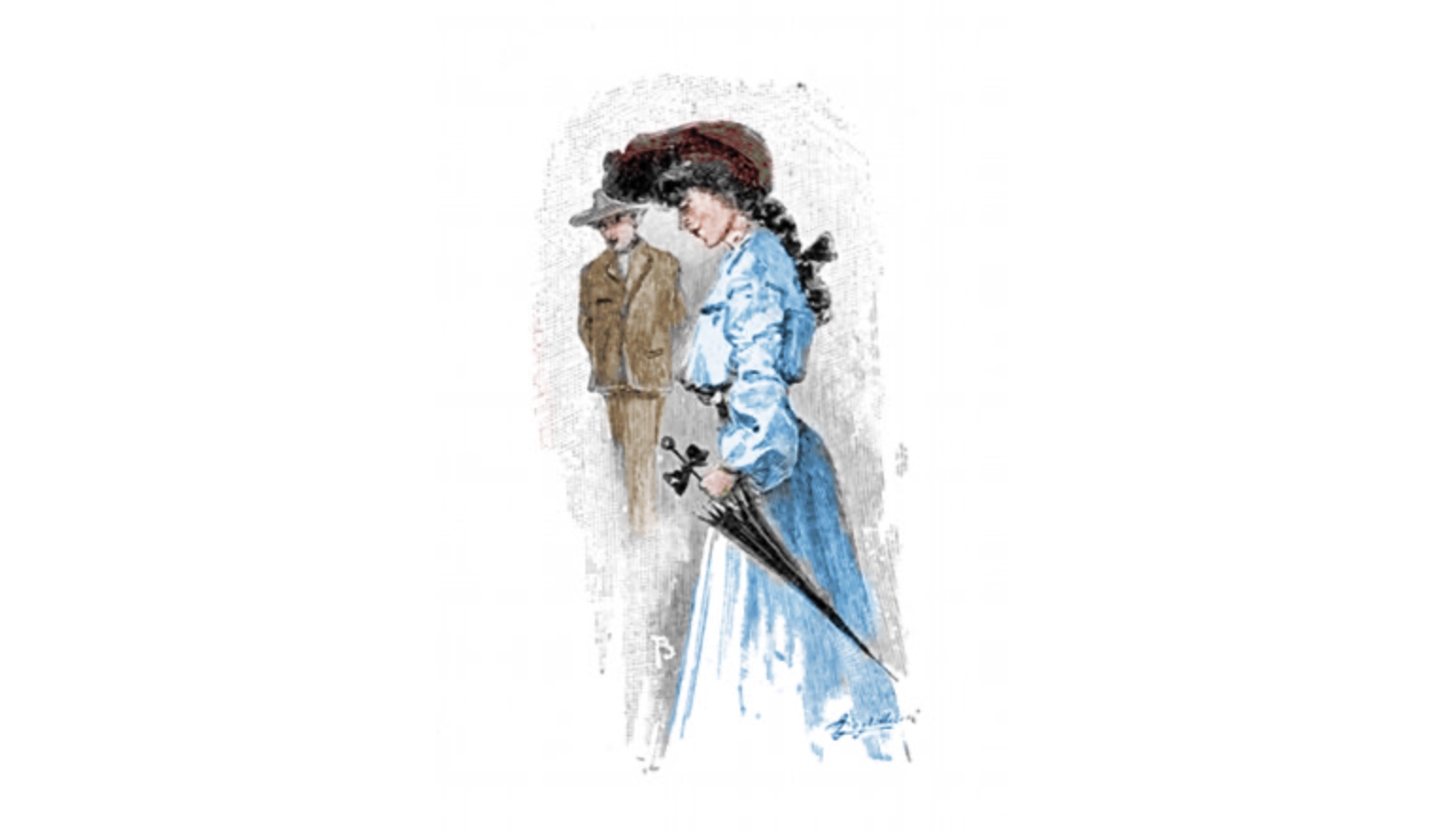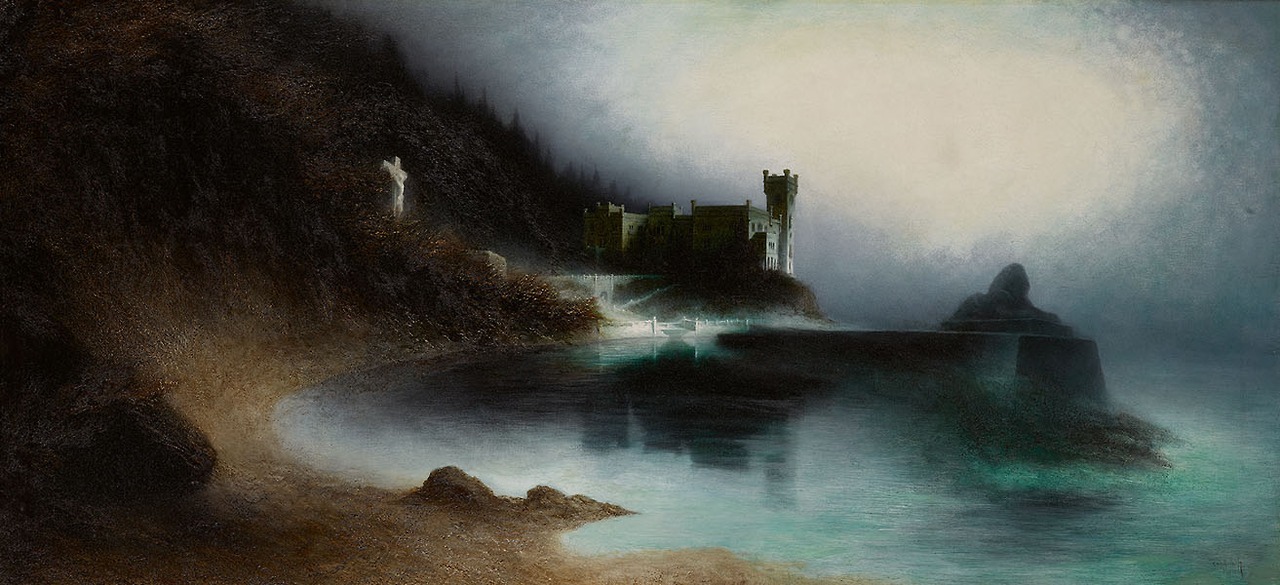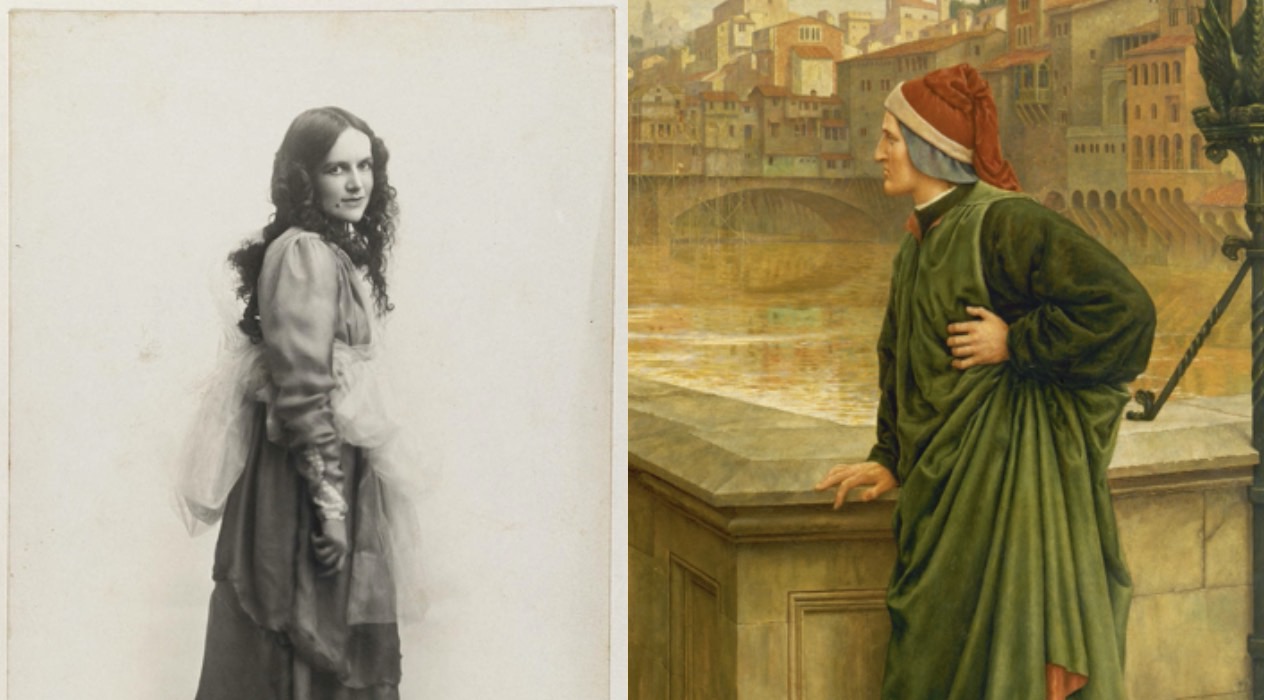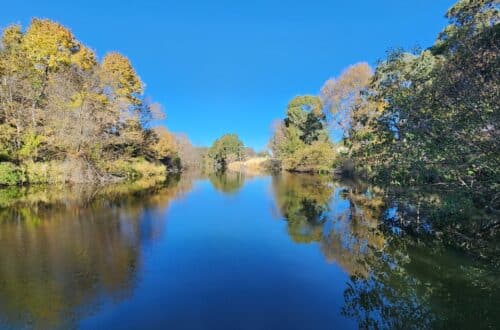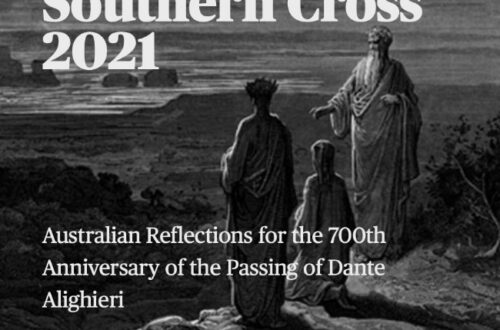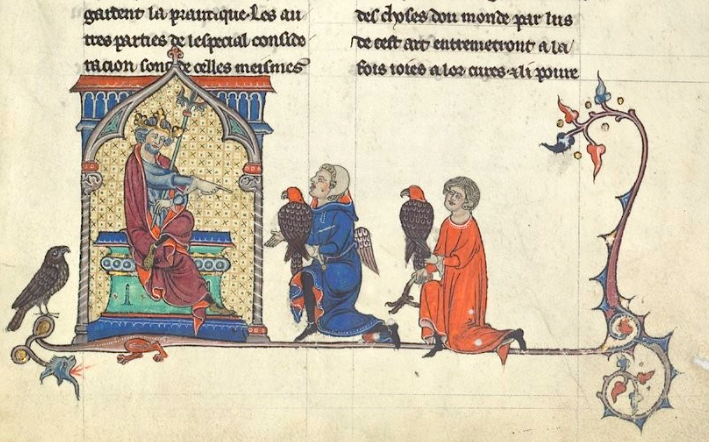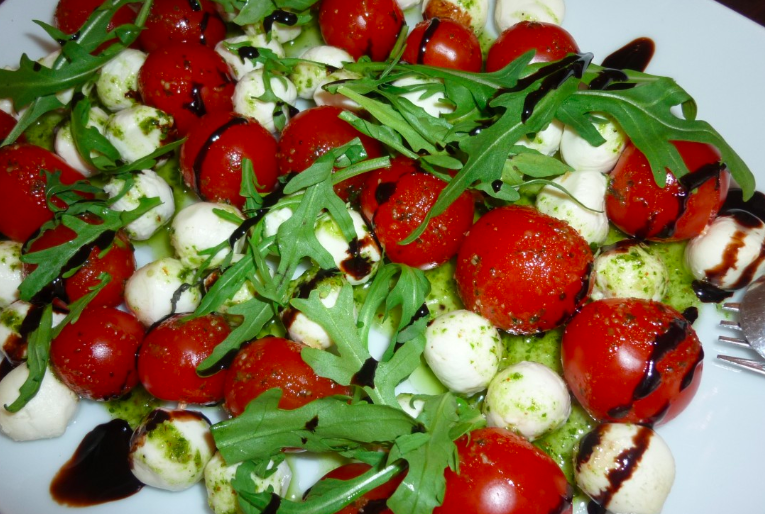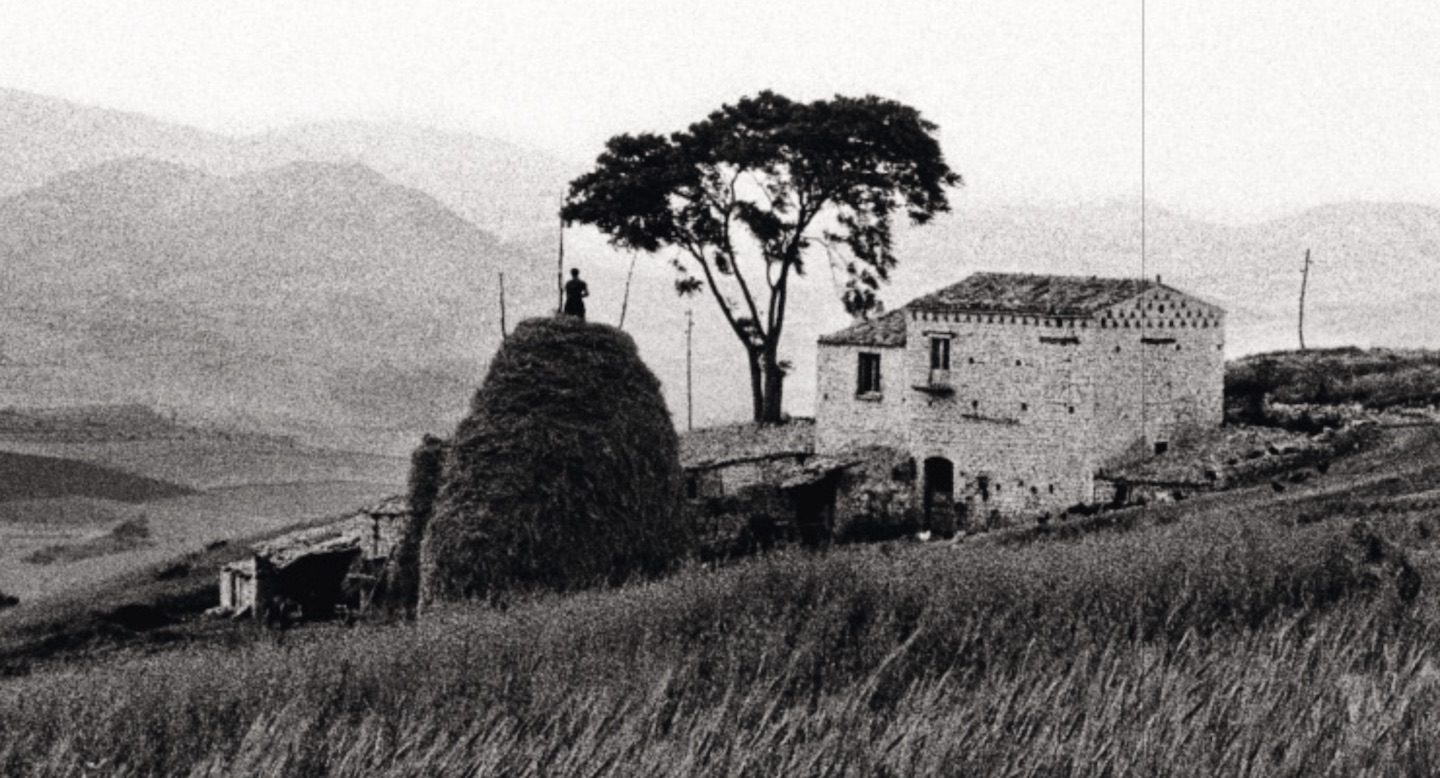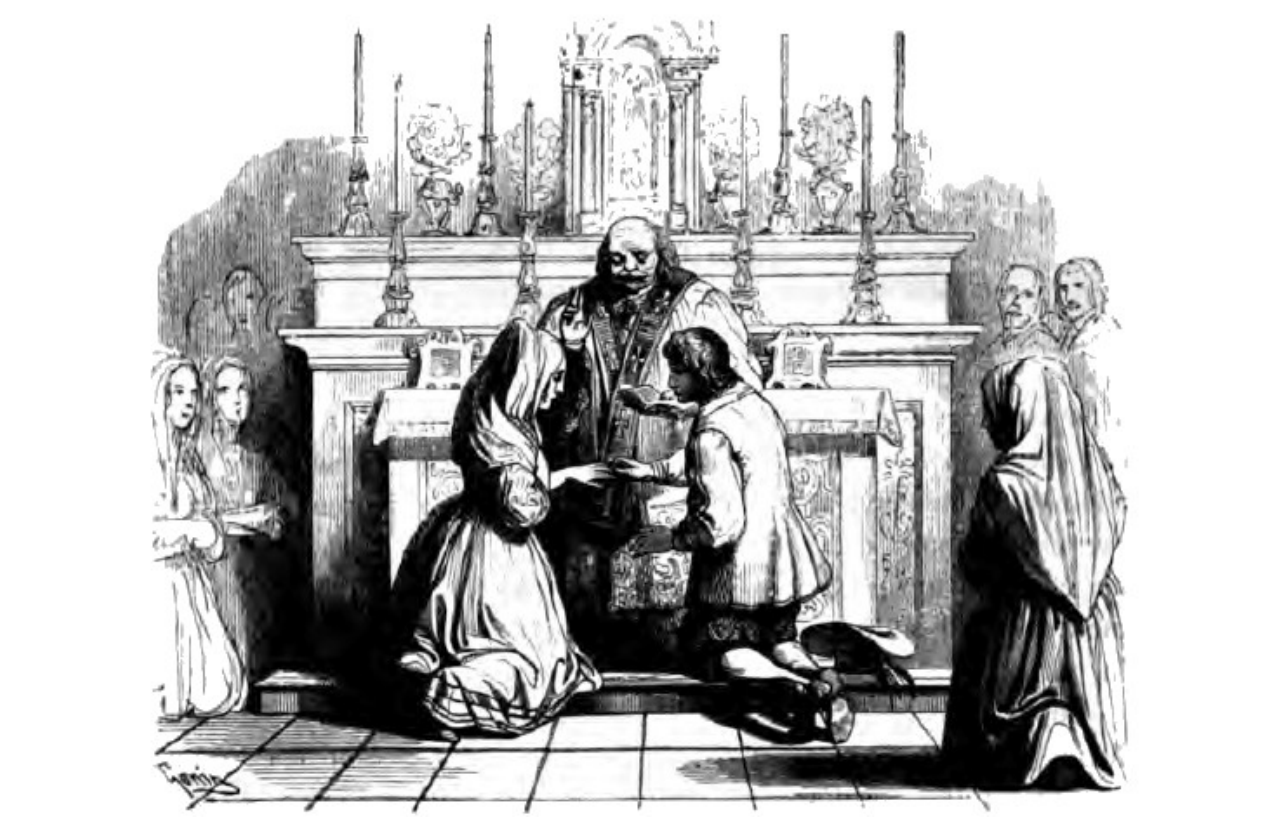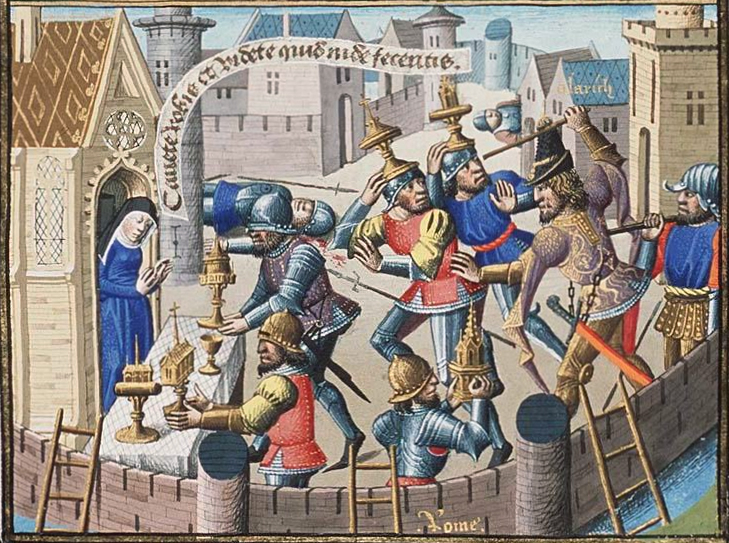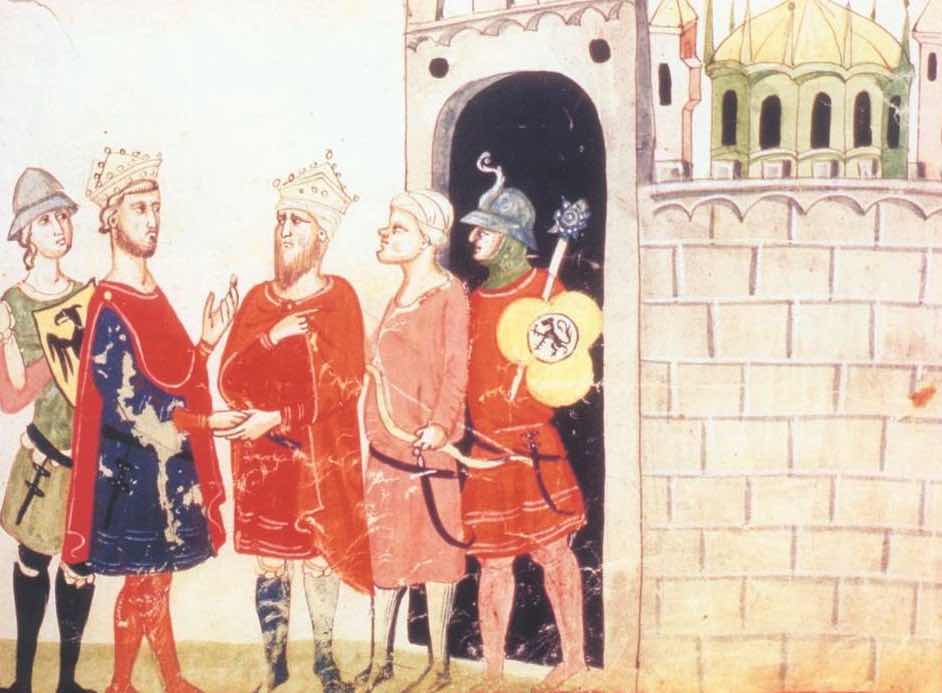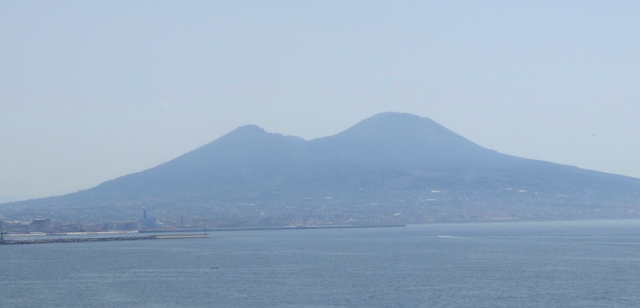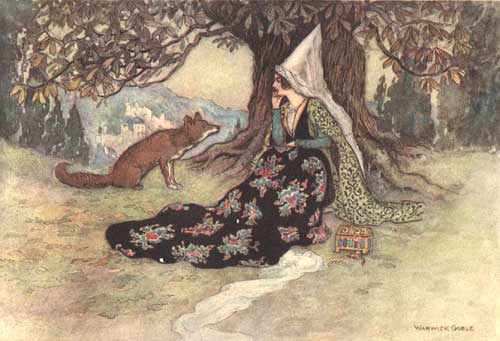Italian Literature
-
Dante under the Southern Cross: Australian Reflections on the 700th Anniversary of the Passing of Dante Alighieri
Does Dante Alighieri, an Italian poet who died more than 700 years ago, really have anything to do with gum trees and koala bears? It’s that kind of question that drew together Australian Dante Alighieri Societies to talk about Dante, in a series of presentations around Australia which stretched from Perth to Brisbane. Despite the fact that Dante never knew of Australia’s existence, he did think about us in a way. He wondered what the stars might look like under southern skies, and he put four stars he imagined above our heads. Did he know about the Southern Cross? Some think, maybe he somehow he found out about it. Maybe…
-
Shakespeare in Love: A Case of Cultural Appropriation?
Shakespeare didn’t write Romeo and Juliet. No! Wait, what? Shakespeare didn’t write Romeo and Juliet!?? That’s right. If the fact Shakespeare set the play in fair Verona didn’t give it away, Shakespeare didn’t create the story of Romeo and Juliet. So no, Shakespeare’s first draft of Romeo and Juliet didn’t read “Romeo and Ethel, the Pirate’s Daughter” as Shakespeare in Love portrays it. And, plot spoiler, no true-life English love of Shakespeare’s inspired the character Juliet. Nor was the war of the two houses of Verona “both alike in dignity” inspired by two playhouses duking it out for writers and audiences in London. Don’t get me wrong. I loved the…
-
The Dragon the Witch and the Daughters by Luigi Capuana (English Edition)
From a master of Italian verismo comes a classic short story of the genre, but with a twist. As characters come into conflict with each other, and “the Dragon” with himself, Capuana weaves together the grimness of real life with threads of subtle fairytale. For the first time translated into English by Michael Curtotti, The Dragon the Witch and the Daughters, transports us into the life of a nineteenth century village. Don Paolo Drago, “dragon by name, dragon by nature,” appears to dominate this world, yet he barely controls his own thoughts and feelings. Despite himself, he is drawn into the destiny of two orphans. Yet tragedy stalks the life of Don Paolo.…
-
Giosuè Carducci and Miramar Castle
Mexico gifted Italy the tomato. Italy sent back an Emperor. It wasn’t a fair exchange. And it wasn’t welcomed. The story begins in Miramar Castle and Giosuè Carducci is our story teller and his poem Miramar can be read below. Carducci came to the castle when it was already a place where ghosts whisper of the past. However the journey that took him to the castle passes through one of the most turbulent eras of Italy’s history. Carducci was born in 1835 and lived to see the birth of the new country of Italy. However he was not just a passive spectator. He was a passionate advocate of the Risorgimento.…
-
Dante Alighieri in a Wide Brown Land*
On the hill beyond Canberra’s lake we do not find ourselves in Dante’s dark wood. Instead, the hundred carefully nurtured forests of the National Arboretum surround us. Some of its trees are from Australia, but many are from far beyond. As we appreciate their beauty, we see that these forests can symbolise Italians in Australia,[1] for we are part of the diverse heritage of this continent. Yet as our eyes turn to the ridge near the Himalayan Pines, we see a rusted monument rise from the land before us.[2] It is timeless, as it proclaims Dorothea Mackellar’s words “Wide Brown Land”. She wrote them about Australia in 1907; a young…
-
Matilde Serao and the Life of Cristina
Matilde Serao was unusual. In 19th century Naples, she was a successful journalist, writer and newspaper proprietor. Her fiction was widely published and quite a few of her works were translated into English in her own lifetime. Cristina is the main character of Matilde Serao’s short story of the same name. But Cristina lives in another world. The story’s opening words begin to sketch its nature. While Cristina leant over to gather a fragrant clump of basil with which to flavour her tomato sauce boiling in the kitchen, she heard a brief and sweet whistle. Mentre Cristina si chinava a cogliere un ramoscello di basilico odoroso, da mettere come aroma…
-
Alessandro Manzoni and the Betrothed (I Promessi Sposi)
Alessandro Manzoni is a talented story teller and a perceptive observer of character. His novel, the Betrothed (I Promessi Sposi) has been celebrated as a gem of Italian literature ever since its publication. It is readily available as a physical, ebook or audiobook (see below) and several movie and serial versions have been made. The novel’s main characters, Renzo and Lucia are in love and they are to be married. Yet achieving this happy and unexceptional outcome turns out to be far from easy in Lombardy of the 1600s in which the historical novel is set. Manzoni wrote his book in the early 1800s, two hundred years later, so we see a more…
-
Italy’s Rapunzel, Cinderella and other Italian Fairy Tales
The first European collection of Fairy Tales, the Tale of Tales was written in Naples in 1630. It tells such well-known stories as Rapunzel (Petrosinella – or Little Parsley) and Cinderella (La Gatta Cenerentola). Giambattista Basile wrote the Tale of Tales (also known as the Pentamerone) in Neapolitan rather than standard Italian. It was the first book of children’s fairy stories published in Europe and arguably gave birth to the written genre that we know today, although the spoken tradition is much older. Basile’s book is a who’s who of fairy tale characters we know today. As well as Rapunzel and Cinderella (La Gatta Cenerentola) the story of Snow White,…
-
Isabella’s Castle Prison and Her Poetic Escape
Isabella di Morra looked out from a height. Below, in a deep chasm, flowed a river. Her river, the Sinni. Isabella turned her eyes to the sea, searching the horizon for a ship. It was the ship that would carry her free from her prison, her own family’s castle. D'un alto monte, onde si scorge il mare,miro sovente io, tua figlia Isabella,s'alcun legno spalmato in quello appare,che di te, padre, e mi doni novella, ...From a high mountain, where sea is seen,Often I gaze, Isabella, your daughter,For the gleam of any glistening beam,Which of you, father, brings news across water ...Ch’io non veggo nel mar remo né vela (così deserto…
